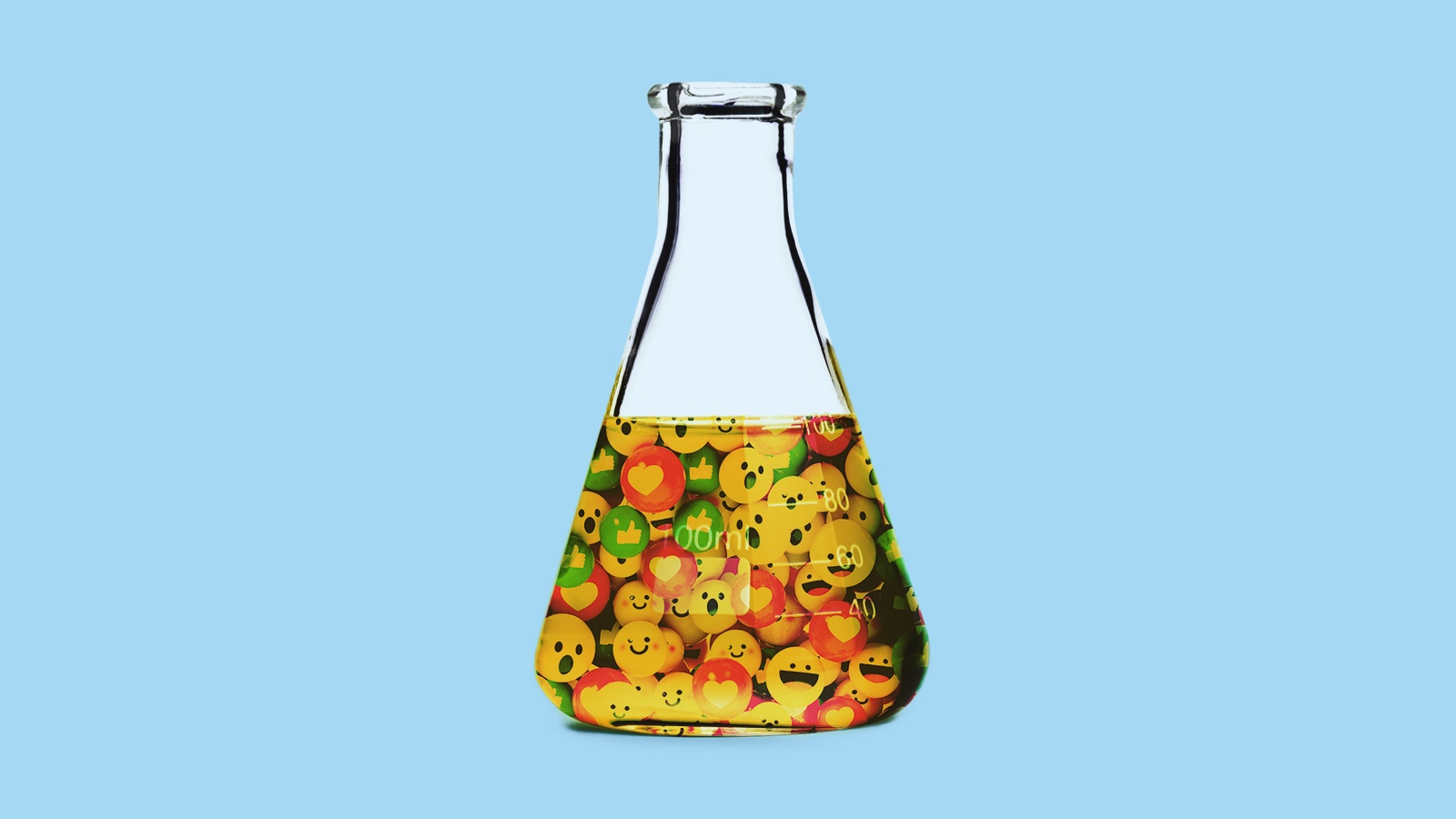Cambridge scientists create a successful “vaccine” against fake news

University of Cambridge
- Researchers from the University of Cambridge use an online game to inoculate people against fake news.
- The study sample included 15,000 players.
- The scientists hope to use such tactics to protect whole societies against disinformation.
A large new University of Cambridge study proves that it’s possible to teach regular people to spot fake news. By analyzing the responses of 15,000 participants, the researchers found that “psychological resistance” to fake news could be increased by having the subjects play an online game.
In the browser game, called Bad News, launched in February 2018, players become propaganda producers. They are allowed to manipulate the news and social media, invoking anger and fear. Tactics at their disposal include twitter bots, conspiracy theories, impersonation and photoshopped evidence. Still, while they use such Machiavellian approaches to attract followers, the players must maintain a “credibility score” to continue to be persuasive.
Dr. Sander van der Linden, Director of the Cambridge Social Decision-Making Lab, explained that the task before the researchers was not easy, since fake news spreads very fast and can go “deeper than the truth.” That makes it harder and harder to stand up to misinformation.
“We wanted to see if we could pre-emptively debunk, or ‘pre-bunk’, fake news by exposing people to a weak dose of the methods used to create and spread disinformation, so they have a better understanding of how they might be deceived,” shared the scientist.
He called their game “a psychological vaccination.” This work builds on the so-called “inoculation theory,” which maintains that beliefs can be guarded against influence the same way you can protect a body against diseases – by being exposed to smaller doses of them over time to build up immunity.
To see how well the participants were inoculated against fake news, they were told to rate how trustworthy various tweets and headlines were. They had to do this before and after playing the game for at least 15 minutes.
The researchers discovered that the subjects were eventually able to pick out fake news better, finding them 21% less reliable after the game. Playing made no difference in how they ranked real news.
Not only that, the scientists saw that those who were most vulnerable to fake news prior to the game were inoculated the strongest.
While they perceive that those who actually played the game were generally younger, male, liberal and educated, the scientists built in a nonpartisan mechanism into the game to avoid bias. The subjects were able to choose fake news either from the left or the right.
Dr. Linden expressed excitement at using such methods across whole populations to build “societal resistance to fake news”.
His colleague and the study’s co-author Jon Roozenbeek, also of Cambridge University, saw the benefits of their investigation in uncovering pro-active measures that could be taken to fight against bad information. He hoped to use such tactics to create “a general ‘vaccine’ against fake news.”
The game, created by the scientists, in conjunction with the Dutch media collective DROG as well as the design agency Gusmanson, has been translated into nine different languages. It is also being developed for WhatsApp and has a “junior version” for children aged 8-10. The researchers hope to use that version to develop early media literacy.
Check out the study published in the journal Palgrave Communications.
Preserving truth: How to confront and correct fake news
None





